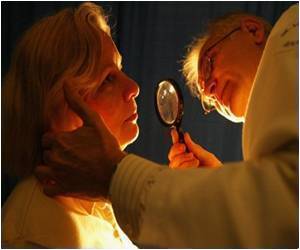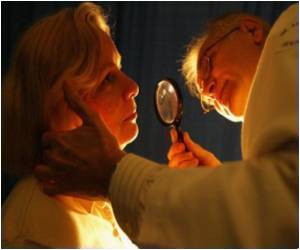
Radon is a naturally occurring, radioactive gas found in soil and bedrock common in parts of the southwest. It has been recognised as a minor contributor to cases of lung cancer, but so far there has been no firm evidence to suggest it has wider health implications.
Whilst both radon levels and skin cancer incidence in the southwest are amongst the highest in the UK, the study found no association between household radon levels and malignant melanoma, or the most common form of skin cancer basal cell carcinoma. However, a link was found between areas where high radon concentrations are found and a particular type of non-melanoma skin cancer called squamous cell carcinoma.
The analysis took account of the way population characteristics, exposure to sunshine and proximity to the coast vary across the region. However, the researchers highlighted people's exposure to ultraviolet (UV) radiation from the sun as a particularly difficult factor to account for, especially as this represents an important risk factor for developing skin cancer.
Despite the limitations of the study, researchers feel it is an important area needing further investigation. Lead author of the study, Dr Ben Wheeler said
"We know that naturally occurring radon is a contributing factor to a small proportion of lung cancers, but there is limited evidence of other health implications. These findings suggest that the issue of radon and skin cancer deserves a much closer look and we're planning to develop a more detailed study capable of detecting a direct relationship, if one actually exists".
Advertisement















